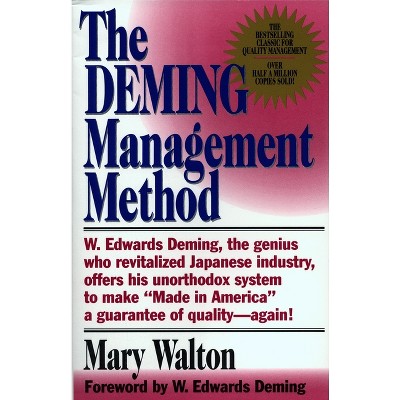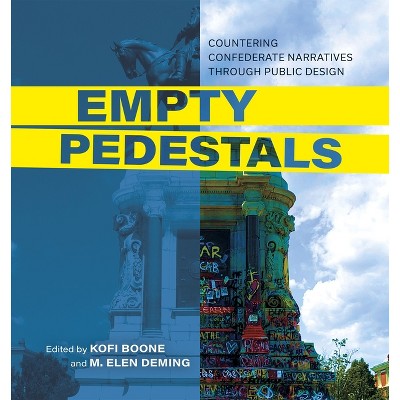Sponsored

Science and Technology in World History, Volume 4 - by David Deming (Paperback)
In Stock
Sponsored
About this item
Highlights
- The history of science is a story of human discovery--intertwined with religion, philosophy, economics and technology.
- About the Author: David Deming is a professor of Arts & Sciences at the University of Oklahoma.
- 340 Pages
- Science, History
- Series Name: Science and Technology in World History
Description
About the Book
[The history of science is not just a chronicle of technical achievements, but a human story of discovery intertwined with religion, philosophy, economics, and technology. The modern world began in the sixteenth century when Europeans began to acquire an appreciation for how their achievements surpassed those of the ancient Greeks and Romans. Western Civilization organized itself around the idea that human progress, both technological and moral, was achievable and desirable. Science emerged during the seventeenth century in Europe when people learned to subordinate reason to empiricism. Inspired by the example of physics, men such as Robert Boyle began the process of changing alchemy into the exact science of chemistry. During the eighteenth century, European society became more secular and tolerant. Philosophers and economists developed many of the ideas that determine modern social theories and economic policies. In the latter half of the eighteenth century, the Industrial Revolution fundamentally transformed the world by increasing productivity through specialization and the application of machine power. People became more affluent, better educated, and urbanized. Endemic poverty was eradicated, and the world entered an era of unprecedented prosperity and progress.]Book Synopsis
The history of science is a story of human discovery--intertwined with religion, philosophy, economics and technology. The fourth in a series, this book covers the beginnings of the modern world, when 16th-century Europeans began to realize that their scientific achievements surpassed those of the Greeks and Romans. Western Civilization organized itself around the idea that human technological and moral progress was achievable and desirable. Science emerged in 17th-century Europe as scholars subordinated reason to empiricism.
Inspired by the example of physics, men like Robert Boyle began the process of changing alchemy into the exact science of chemistry. During the 18th century, European society became more secular and tolerant. Philosophers and economists developed many of the ideas underpinning modern social theories and economic policies. As the Industrial Revolution fundamentally transformed the world by increasing productivity, people became more affluent, better educated and urbanized, and the world entered an era of unprecedented prosperity and progress.
About the Author
David Deming is a professor of Arts & Sciences at the University of Oklahoma. A geophysicist, research scientist and historian, he has written on topics ranging from the history of science to climate change and energy resources.










